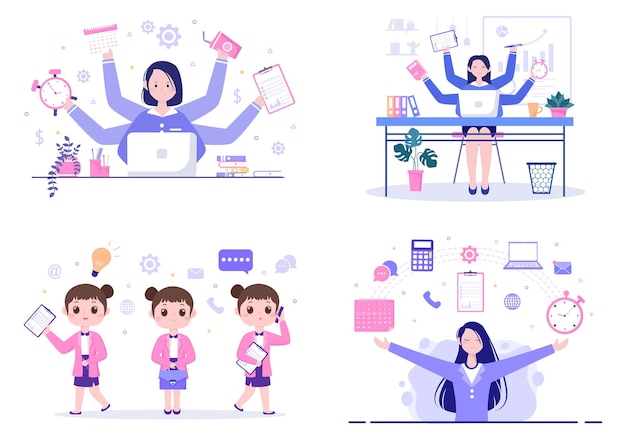
Easy Tips to Boost Students’ Study Habits
As a teacher, you’ve probably tried everything under the sun to better your students’ study habits. But it’s no easy task. What clicks for one student might not work at all for another. Traditional ways of studying might not work for those who often learn with gadgets like computers and tablets. On top of that, many students struggle with things like low motivation, stress from exams, or difficulties in focusing. To help them navigate their education, here are three simple steps you can take.
1. Teach Them How to Organize
Not every student walks into the class being a master planner. In fact, most kids (and plenty of adults too!) lack proper time management or organization skills. Teaching students how to keep their studying time well-structured can boost their confidence and eagerness to learn. Plus, introducing them to skills like attentive listening, proper note-taking, and smart research will go a long way in molding them into better learners.
2. Don’t Leave It to Chance
Sometimes, students who seem to ‘slip through the cracks’ in primary school might need special education later on because they weren’t taught proper study habits. If you spot these weaknesses early, you can guide these young learners to improve. This will grow their inner motivation and confidence, and we can keep tracking and addressing these study habits throughout their school years for the best learning outcome.
3. Be Mindful of Learning Disabilities
According to the CDC, conditions such as dyslexia, dyscalculia, and ADHD are more common among school kids than you’d think. As these often go unnoticed, it’s crucial to identify students who may not be picking up study techniques as quickly because they process info differently. If you think a student seems to be falling behind due to a learning disability, ADHD, autism, or emotional issues, it’s crucial to encourage them, or their parents, to start exploring this.
Using Tools Like Western Psychological Services
A key part of helping students study better is figuring out why they’re struggling in the first place. Tools like the School Motivation and Learning Strategies Inventory (SMALSI) can help you pinpoint their learning strategies and uncover the root cause of their struggles. This tool, developed by WPS, is meant for students aged eight to 18 or even college students. Plus, you can use it in many languages to assess students.